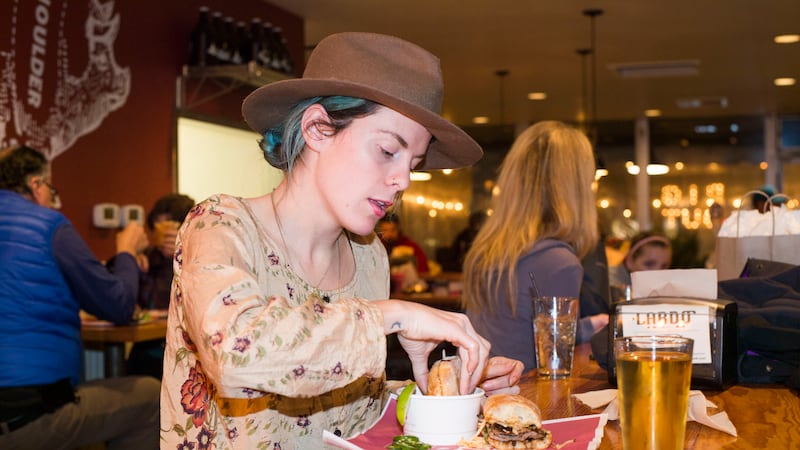The Chinook Book has spawned its last deal.
For 20 years, the Portland-based company printed a book full of coupons for sustainable goods and services at local businesses. People often bought them from students and others looking to raise money. In later years, the company rolled out a mobile app that contained all the coupons.
“With much regret, we are writing to inform you that our Chinook Book business could not survive the multitude of business challenges stemming from two years of COVID,” the company wrote in an email to vendors, obtained by WW. “As of April 20, 2022, we will be ceasing operation of the Chinook Book app.”
Owners of current Chinook Book coupons will receive a free one-year subscription to Passport Unlimited, Chinook Book said in the email to vendors. Passport Unlimited is a coupon service like Chinook Book that has a million users, Chinook Book said in its email.
The Chinook Book was created by Celilo Group Media, a company founded by Nik Blosser, whose family started the Sokol Blosser winery in Dayton, Ore. Blosser, who is married to Multnomah County Chair Deborah Kafoury, worked as chief of staff to Gov. Kate Brown for almost four years. In March 2021, he became chief of staff in the Office of Cabinet Affairs in the Biden White House.
Celilo Group co-founder Tom Koehler confirmed by text message that both Chinook Book and Celilo Group Media were closing. Chinook Book is Celilo’s only business, Koehler said.
“The business is shutting down,” Koehler said in his text message. “It was a great 20-year run, but ultimately we could not sustain two years of COVID downturn.”
Blosser said he hasn’t been involved with the company for five years.
“Chinook Book will always have a special place in my heart,” Blosser said in a text message. “Over the years the company helped thousands of small businesses find new customers (and vice versa), and also helped educate both businesses and people about living more sustainably.”
Chinook Book vetted all of its vendors for green, conscientious bona fides. Vegetables had to be organic. Wine had to be salmon safe. Clothes had to be made of certified organic fiber or recycled. Car washes had to use recycled water. Seeds had to be organic or heirloom.
“We start with the premise that good businesses do business in a connected way,” Chinook Book says on its website, which is still up. “They treat their employees and suppliers well, they minimize their environmental impact, and they support the community that supports them. We look for ways to measure these qualities, and then we add in a dose of humility and good judgment.”
Celilo Group raised $1.06 million in venture capital in 2018, according to Crunchbase, a business information service that tracks investments.
On its website, Chinook Book said it reaches over 300,000 consumers per year, contributing over $42 million of transactions to merchants. At its peak, it operated in five metro areas.
